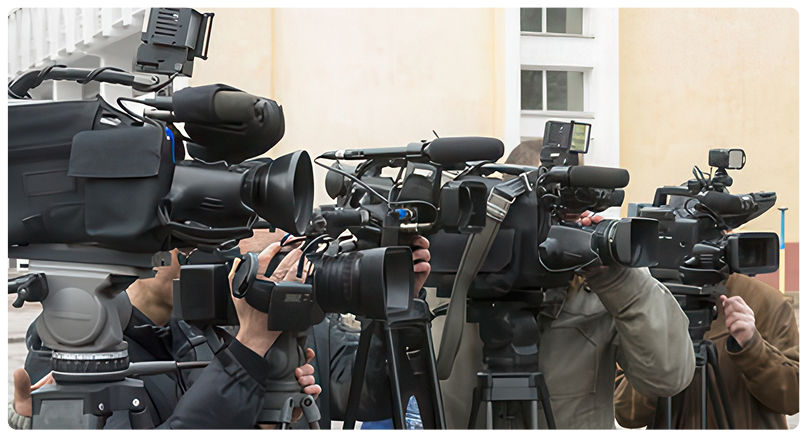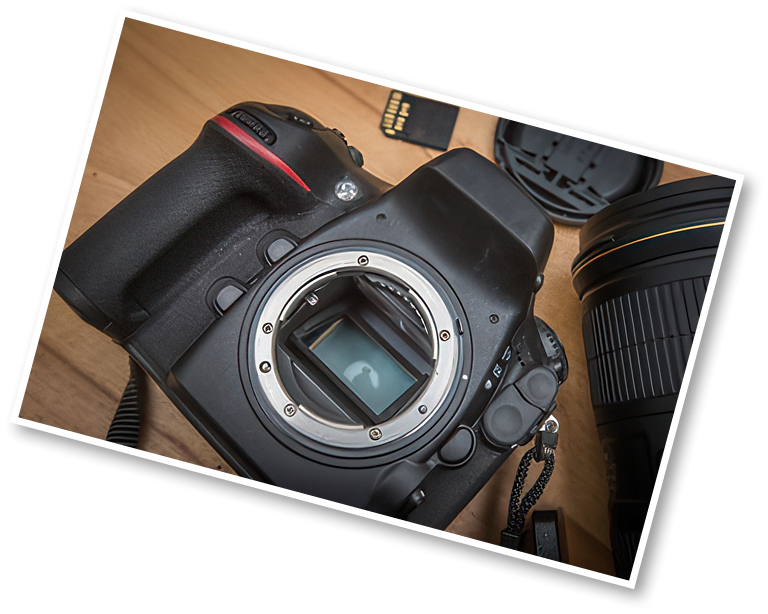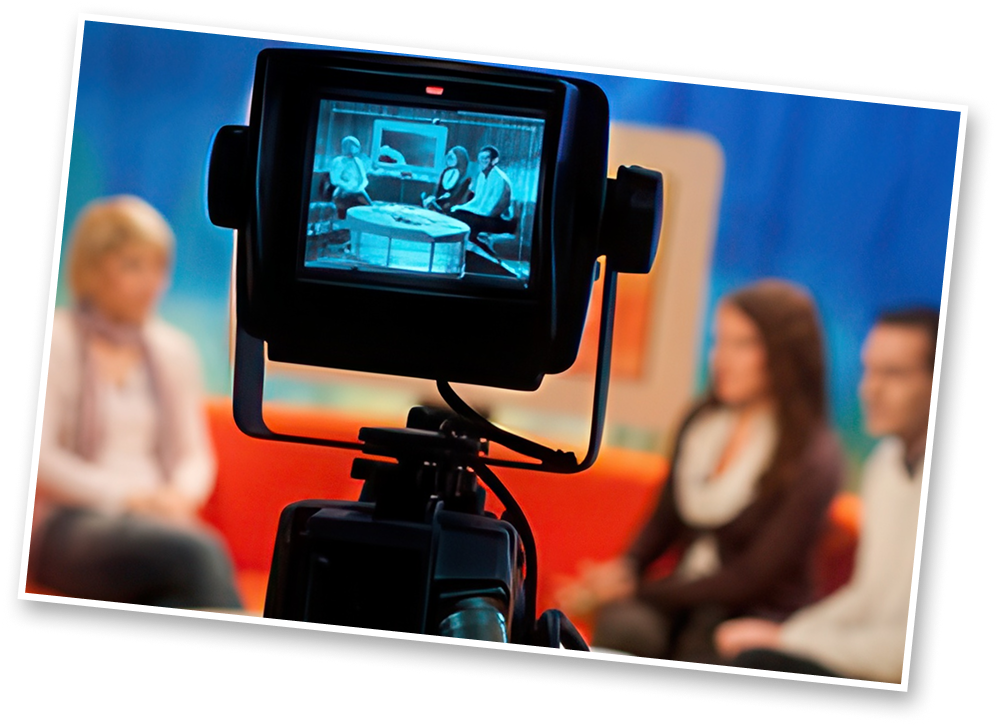Preparation is the key to creating a successful public relations program for your company, nonprofit or organization.
A successful interview doesn’t just happen. It is the result of careful research, preparation and practice.
Successful interviews result in stories that help your company meet its objectives.
Unsuccessful interviews don’t meet those objectives and can damage your company’s reputation.

Just like you, the reporter is doing a job. But your objectives and the reporter’s are not likely to be identical. Your goal is to generate awareness of, or interest in, your product, service, event or issue. The reporter is working to create a story that will be interesting to viewers or readers.
As the expert or interview subject, you will be far more effective if you keep in mind the reporter’s definition of news: Conflict and Change.
To a reporter, news is something that affects people, for better or for worse. That can be anything from a major war to a new dog leash law in a neighborhood.
In the information that follows, we’ll talk about:
It’s important to be consistent in what you are saying to the media. Messaging allows you as the interview subject to be prepared to say the same thing every time you speak with a reporter. Keeping your interview responses consistent requires forming a key message.
Key Message.
The key message is a short list, usually three short points, that represent a short, concise way to describe the program, event or statement in just a few seconds.
These messages should not be communicated verbatim to media, but rather should be incorporated into conversations or written materials you provide to reporters.

Example: The Boys & Girls Clubs of America created a National KidsDay program. Here are the “Key Messages” that were developed:
Once you’ve delivered the Key Messages, you can go deeper with “Secondary Messages.” These provide additional detail on the program.

Secondary Messages
There are several different types of media with which you’ll be working:.
Television
Radio
Wire Services
Timing Your Pitch.
Know the dynamics of news. If you’ve got an event coming up in a few weeks, give the media time to plan for it. Don’t call them the day of the event and expect them to attend.
Newspapers.
Make sure your pitch is short and concise. Tell the reporter what the event is about, why it’s important to their readers or viewers, when it is and where it is. Use the Media Advisory format provided.
Magazines.

Television.
Radio.

Never go into an interview and try to “wing it.” These simple
steps can mean the difference between success and failure: